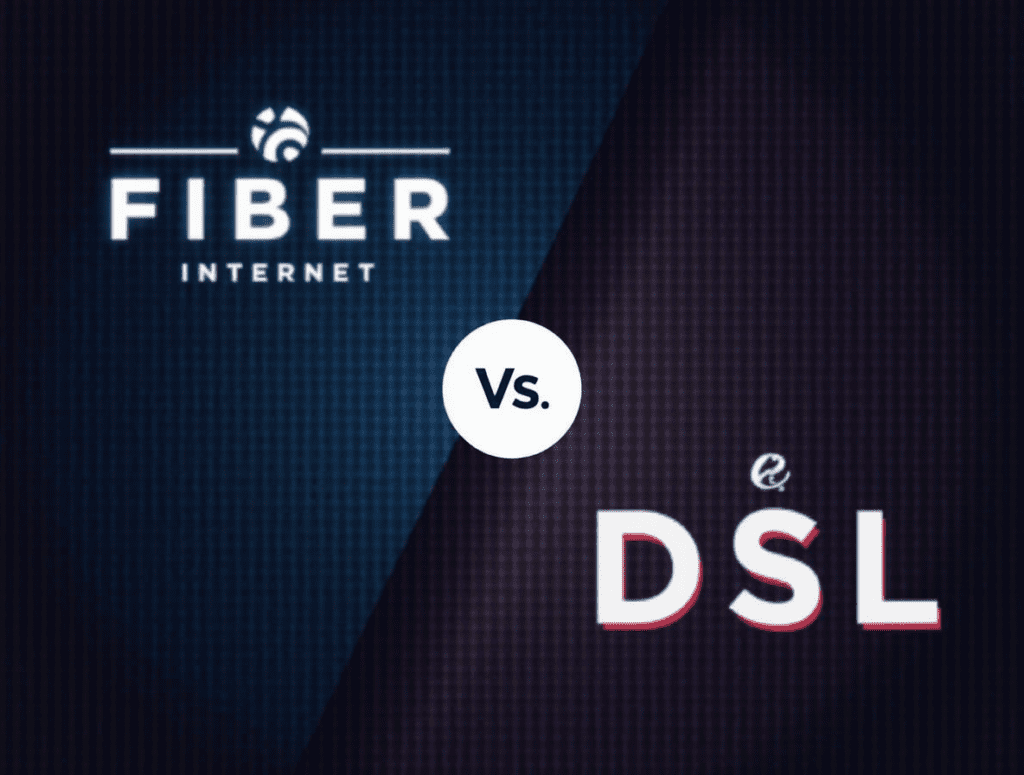
Metronet vs Cable: Why Fiber Optic Internet is the Future of Connectivity
As internet usage grows more demanding, the technology that powers our connections becomes increasingly important. Fiber optic internet, like the service provided by Metronet, is rapidly emerging as the gold standard for fast and reliable internet. In contrast, traditional cable internet struggles to keep up with modern demands. Let’s dive into why Metronet’s fiber optic internet outpaces cable internet and is truly the future of connectivity.
1. Speed and Performance
Metronet’s fiber optic network offers symmetrical speeds, meaning both download and upload speeds are identical. For example, with Metronet’s 1 Gig plan, users get 1,000 Mbps for both uploads and downloads. This is a significant advantage over cable internet, which typically offers much slower upload speeds compared to downloads. For activities like video conferencing, streaming, online gaming, and cloud-based work, having fast upload speeds is crucial.
Cable internet, while fast on the download side, typically falls short with much lower upload speeds, making it harder to stream, upload large files, or conduct high-definition video calls without interruptions.
2. Reliability and Consistency
Fiber optic networks are far more reliable than cable networks. This is because fiber optic cables transmit data using light signals, which aren’t affected by electromagnetic interference or weather conditions. Metronet’s fiber optic internet is known for delivering a stable, uninterrupted connection, even during peak usage hours.
On the other hand, cable internet is prone to bandwidth sharing, meaning speeds can slow down during periods of high demand, such as in the evenings when many households are online at the same time. This can result in frustrating slowdowns, buffering, and dropped connections, particularly when streaming or gaming.
3. Future-Proof Technology
Fiber optic technology is inherently future-proof. With an ever-increasing number of connected devices in homes—from smart TVs and gaming consoles to smart home systems and security cameras—demand for high-speed internet is growing rapidly. Fiber internet, like Metronet, can support much higher data transmission rates compared to cable, making it a better investment for long-term internet performance.
Cable technology, in contrast, has limitations due to the use of copper wiring, which can degrade over time and struggle to keep up with increasing data demands. As households continue to embrace 4K streaming, cloud gaming, and smart home devices, fiber optic internet is becoming the only technology capable of meeting these rising needs.
4. No Data Caps or Throttling
One of the major advantages of Metronet is the lack of data caps and no throttling policies. This means you can use as much data as you need without worrying about overage fees or speed slowdowns after reaching a data limit. Whether you’re streaming all day, gaming, or downloading large files, you’ll always have full access to Metronet’s high-speed internet.
Cable providers, on the other hand, often implement data caps and may throttle speeds when users exceed a certain limit. This can lead to frustrating slowdowns and additional charges, especially in households with heavy internet users.
5. Latency and Gaming
For online gamers, low latency (lag time) is essential to ensuring smooth gameplay. Metronet fiber internet provides ultra-low latency, which translates into faster response times in online games. This is crucial for competitive gaming or any activity that requires real-time data transfer.
Cable internet typically experiences higher latency due to the way data is transmitted over copper wires, which can create lag and affect performance in fast-paced online games.
6. Environmental Impact and Durability
Fiber optic cables are also more environmentally friendly and durable than traditional copper cables. They require less energy to operate and are resistant to corrosion and environmental wear. This makes fiber networks, like Metronet’s, more sustainable in the long term and less prone to physical degradation.
Cable internet, which relies on copper wiring, is susceptible to wear and damage over time, leading to more frequent outages and repairs.
Conclusion: The Future of Connectivity
When comparing Metronet fiber optic internet to traditional cable internet, it’s clear that fiber internet offers superior performance, reliability, and future-proof technology. With symmetrical speeds, no data caps, lower latency, and a more sustainable infrastructure, fiber optic networks like Metronet are shaping the future of how we connect online. As internet demands continue to grow, fiber optic internet will remain the most viable and scalable option for households and businesses alike.
Check Metronet availability in your area and upgrade to fiber optic internet today for faster, more reliable, and future-proof connectivity.
